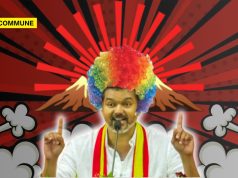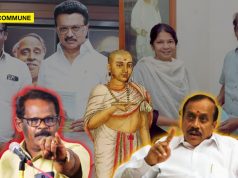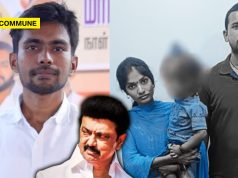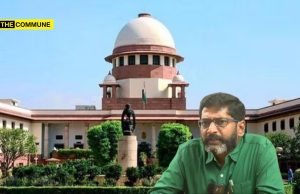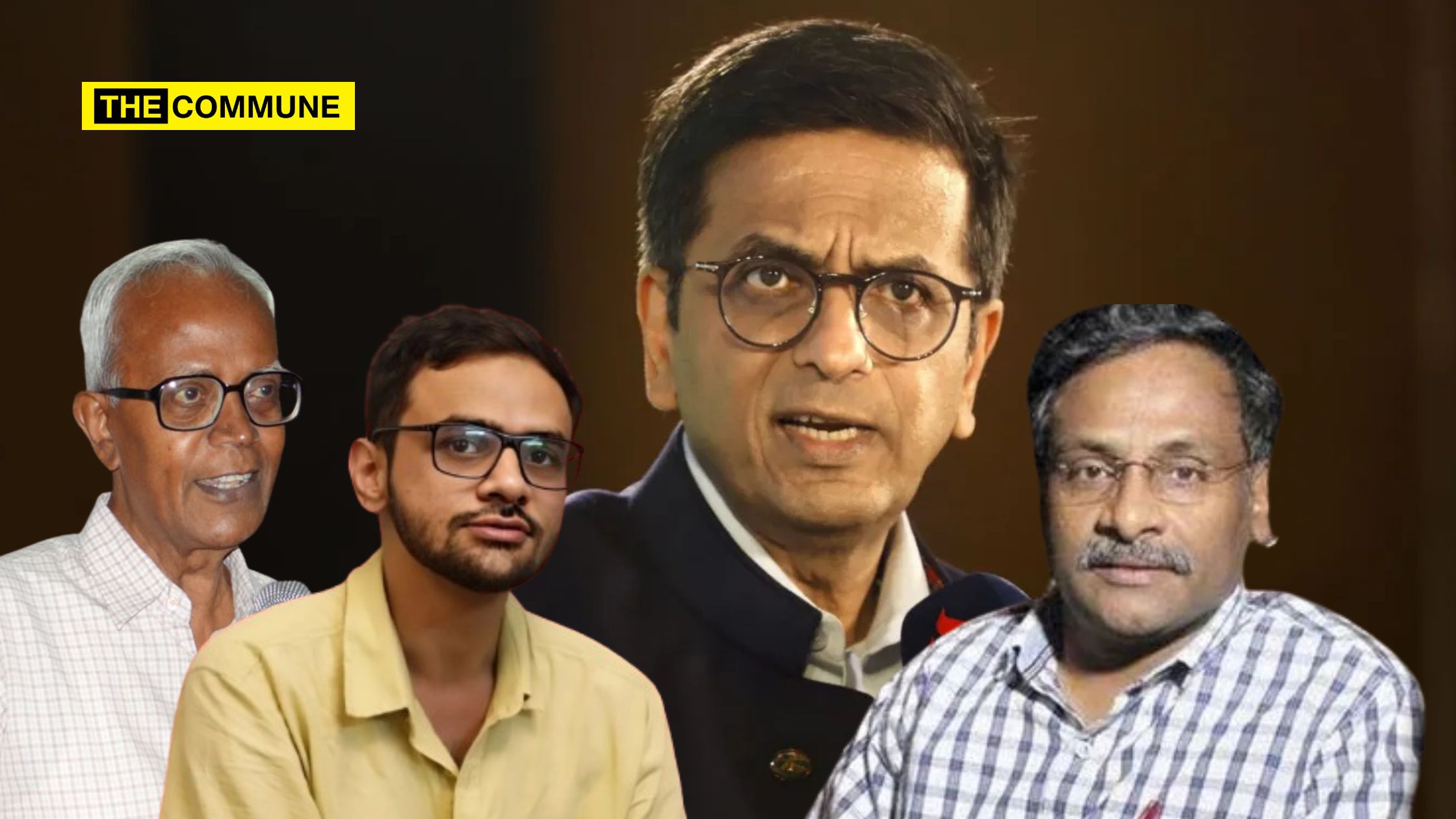
When the left-leaning media sought to press Chief Justice of India (CJI) DY Chandrachud on the issue of delay in granting bail to individuals like Umar Khalid, Stan Swamy, and GN Saibaba—attempting to present them as important figures fighting for a cause—CJI Chandrachud responded calmly, in his usual manner, with a sharp rebuke.
He made it clear that the judiciary remains impartial, stating that it does not show favoritism and judges cases solely based on their merits, not on public sentiment or media influence. With a pointed remark, he noted, “The media creates a narrative around a case, but when a judge examines the merits, it is very different from the portrayal in the media.”
The 50th Chief Justice of India, D.Y. Chandrachud, was the guest of honor at the “Express Adda” event in New Delhi, where he engaged in a discussion with National Opinion Editor Vandita Mishra and National Legal Editor Apurva Vishwanath. During the conversation, he emphasized the importance of ongoing dialogue between the judiciary and the executive, even in informal settings. CJI Chandrachud underscored that such interactions are a routine and necessary part of the court’s functioning and urged the public to place their trust in judges, stating, “Deals are never made in such exchanges, so please trust us; we are not here to cut deals.”
The Chief Justice addressed concerns raised about photographs showing him praying with Prime Minister Narendra Modi on 11 September 2024, clarifying that the meeting was purely private. He stated that such interactions, even at a social level, are part of the continuing relationship between the Judiciary and the Executive.
Chandrachud explained, “At a doctrinal level, the separation of powers concept does not postulate that the judiciary and the executive are antagonistic in the sense that they will not meet or engage in recent dialogue. In the states, there is a very well-established protocol in several states, including states where I have served as a judge and then as a chief justice. The administrative committee of the high court meets the chief minister, and on the next occasion, the chief minister meets the chief justice in their residence. In most of these meetings, for instance when I took over the Allahabad High Court, we were discussing basic issues concerning the judiciary such as budgeting, infrastructure, homes for new judges, new courtrooms, and technology. Because the budget has to come from the executive, unless you talk to. This robust dialogue takes place between the executive and judiciary on the administrative side, which has nothing to do with the judicial work that you do as judges.”
He emphasized that the separation of powers between the executive and judiciary means that judges cannot make laws, just as the executive cannot issue judgments—each branch must respect its defined role.
When asked if he would have preferred a different composition for the photo, such as including other judges or the Leader of the Opposition, he quipped, “That would have made it a selection committee,” referring to the process of appointing key officials.
Discussing the pressure faced by the judiciary, CJI Chandrachud noted that interest and pressure groups, particularly through social media, attempt to influence judicial outcomes. “Some groups say, ‘If you decide in my favor, you’re independent; if not, you’re not independent,’ and that’s what I object to,” he said.
Then when question was raised about the delays in granting bail to individuals like Umar Khalid, Stan Swamy, and GN Saibaba, Chandrachud slammed the media straight in its face, he said, “Very often, what happens is that in the media, particularly in the journalistic media, a particular case assumes prominence, and the court is either criticized or critiqued based on one particular case.” He went on to explain that since taking office, he has made prioritizing bail a key focus, given its significant impact on personal liberty. He pointed out that in his two years as CJI, the court had disposed of 21,358 bail cases, surpassing the 21,000 cases filed during the same period.
Chandrachud continued, “For the one or two cases which you did mention, I can tell you at least a dozen cases. These are sensitive cases, somebody will call them politically sensitive cases or politically important personality cases whose names I shouldn’t be mentioning as the CJI. We have dealt with those cases and bail has been granted. It has happened for the past several months and even before. Now, what happens is that very often in the media, a certain facade or a certain atmosphere of a case is made out. When a judge applies their mind to the record, what emerges from the record may be very different from what is being portrayed in the media on the merits of that particular case. The bench of the court which deals with that case decides, for example, whether to grant bail or not. I’m not commenting on any particular case because none of these cases have been dealt with by me, and I would like to respect the fact that my colleagues have dealt with them. I respect those colleagues for the work which they do. Ultimately, the judge has to apply their mind to the record of the particular case. Whether they are right or wrong is something for everybody else to critique, but the judge looks at the record and then decides what to do.”
When the panel further pressed him CJI Chandrachud casually emphasized that bail should be the rule, not the exception. “I have granted bail from A to Z from Arnab to Zubair,” he said, highlighting his philosophy of granting bail when appropriate.
On the issue of judicial appointments, CJI Chandrachud stated that the Collegium has done its part and hopes the government clears the pending recommendations. “We’ve done everything within our power to ensure the constitutional process is followed, including evaluating and discussing the names,” he said, adding that some recommendations are still awaiting government approval.
Regarding the government’s delay in appointing judges, CJI Chandrachud asserted that both the Collegium and the government hold a veto power. “No appointment can go through unless we clear it,” he explained, also noting that the Collegium exercises its veto if it deems a candidate unworthy of appointment.
On the Collegium’s track record under his leadership, CJI Chandrachud reported that 18 of the 18 Supreme Court judge recommendations had been appointed, 40 out of 42 Chief Justices had been appointed, and 137 out of 164 High Court judge recommendations had been cleared, with 27 still pending with the government.
(With inputs from Indian Express)
Subscribe to our Telegram, WhatsApp, and Instagram channels and get the best stories of the day delivered to you personally.

